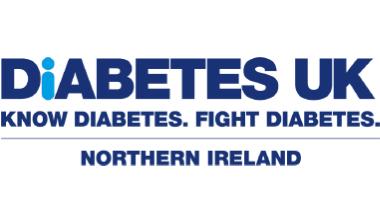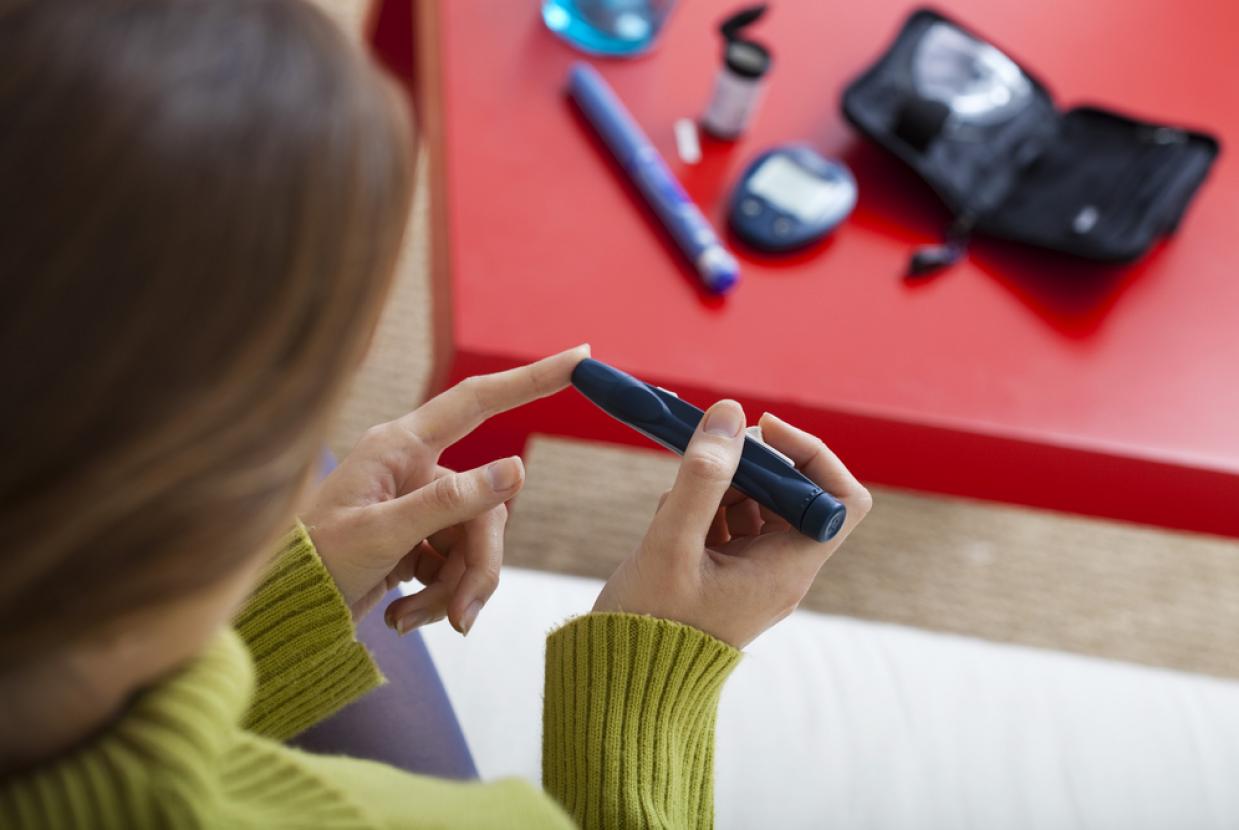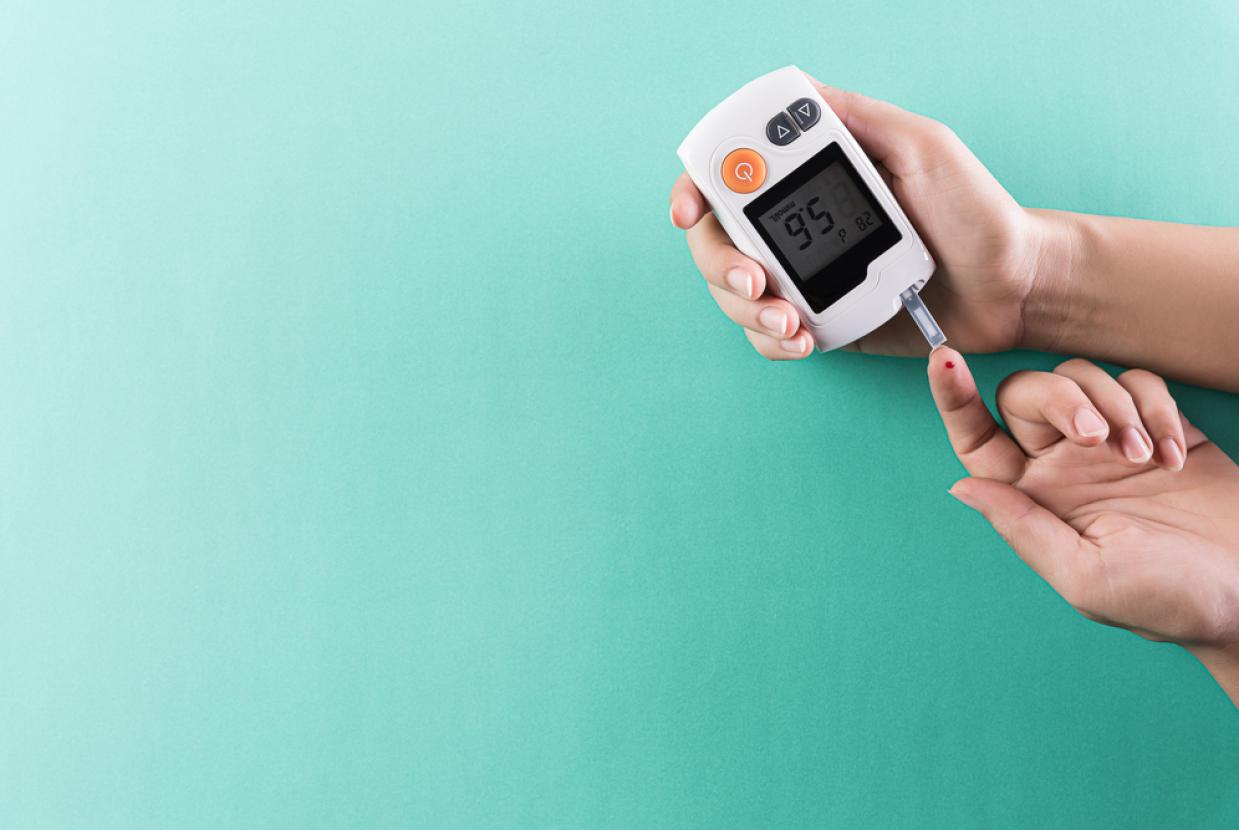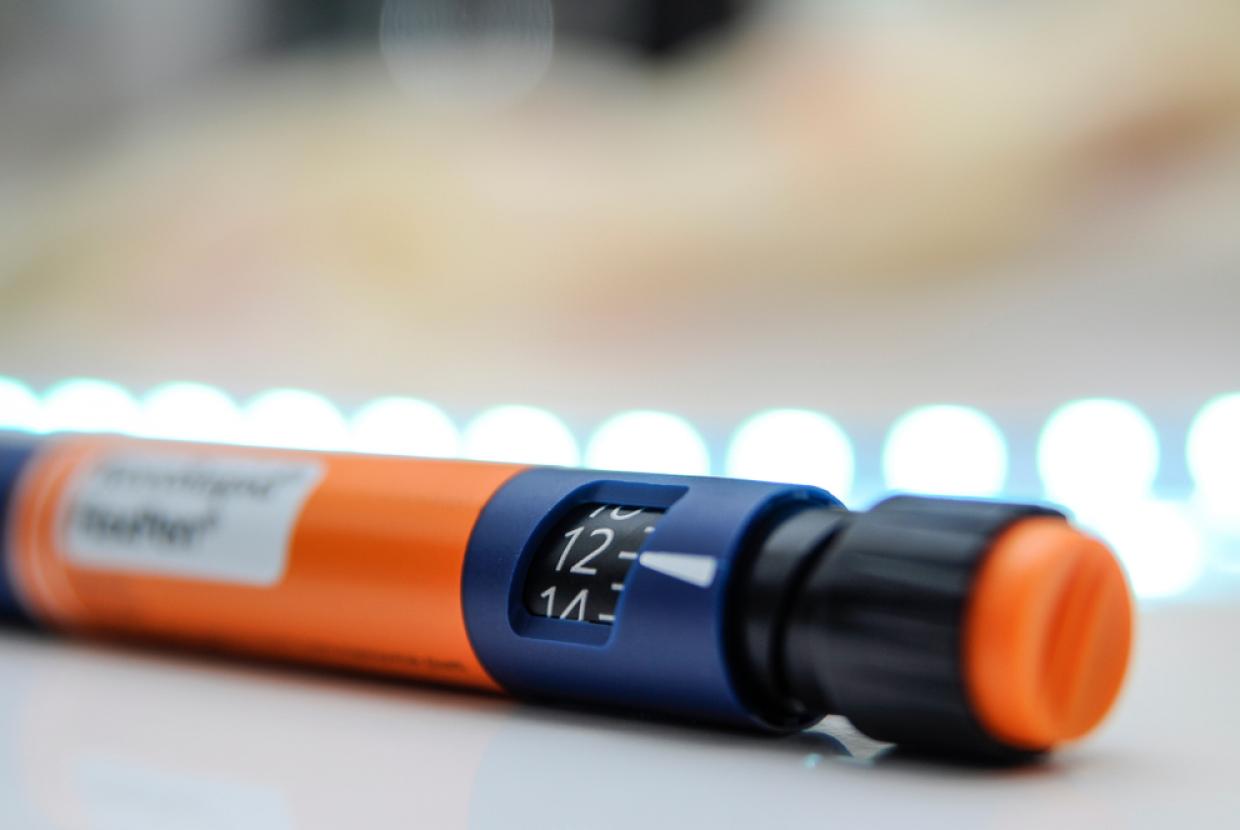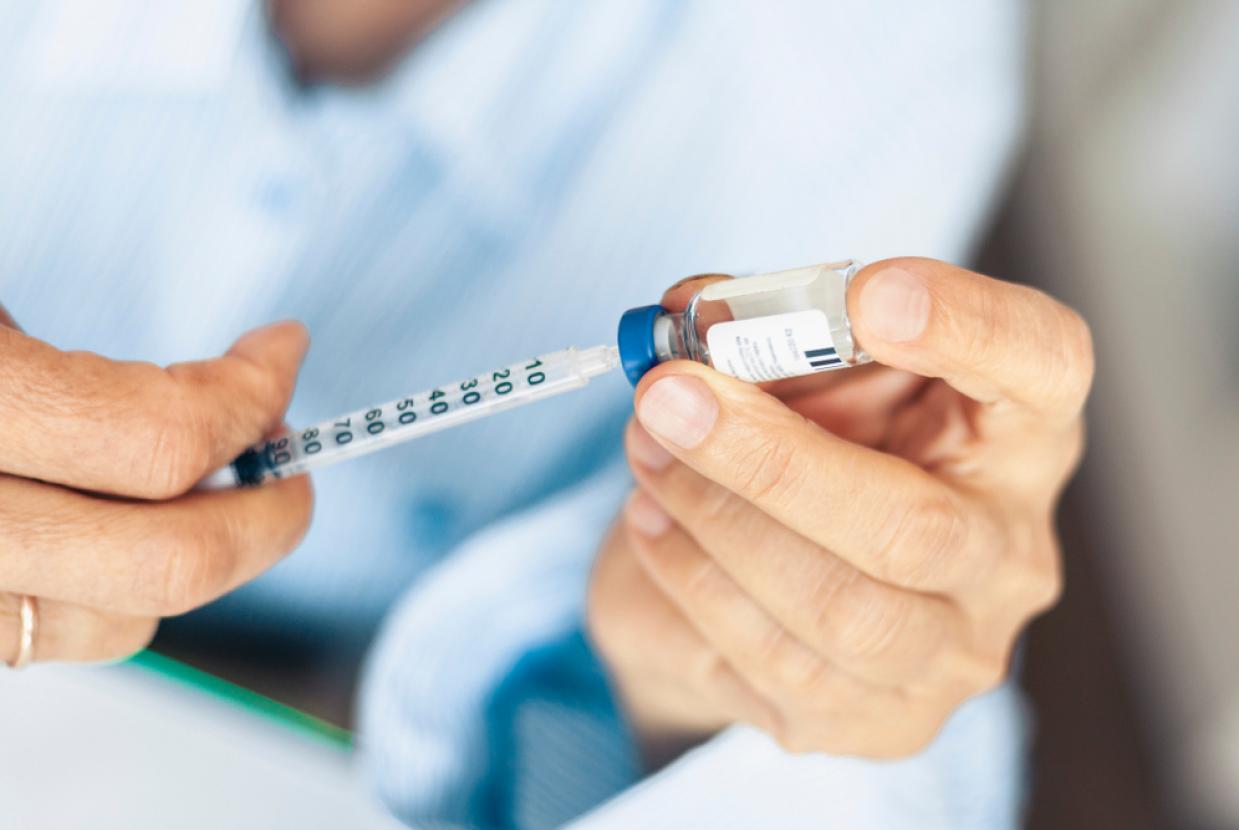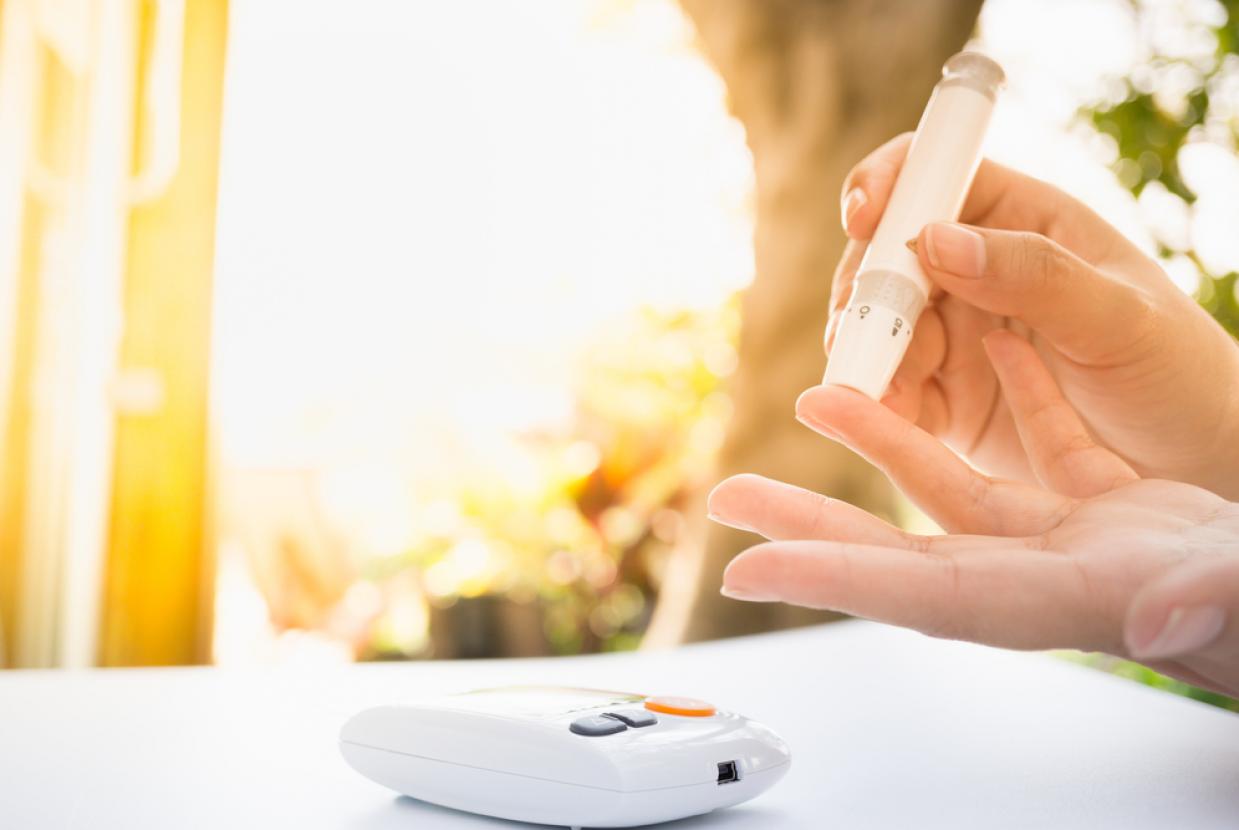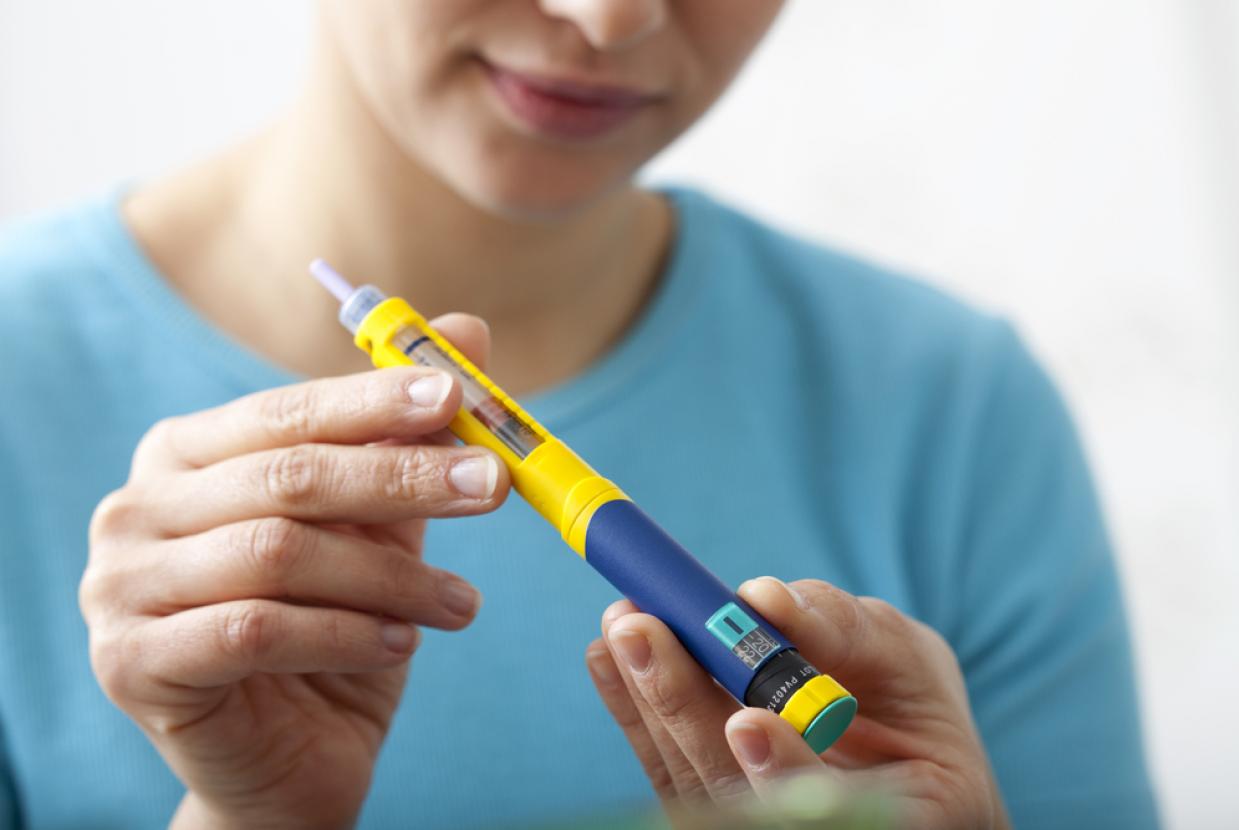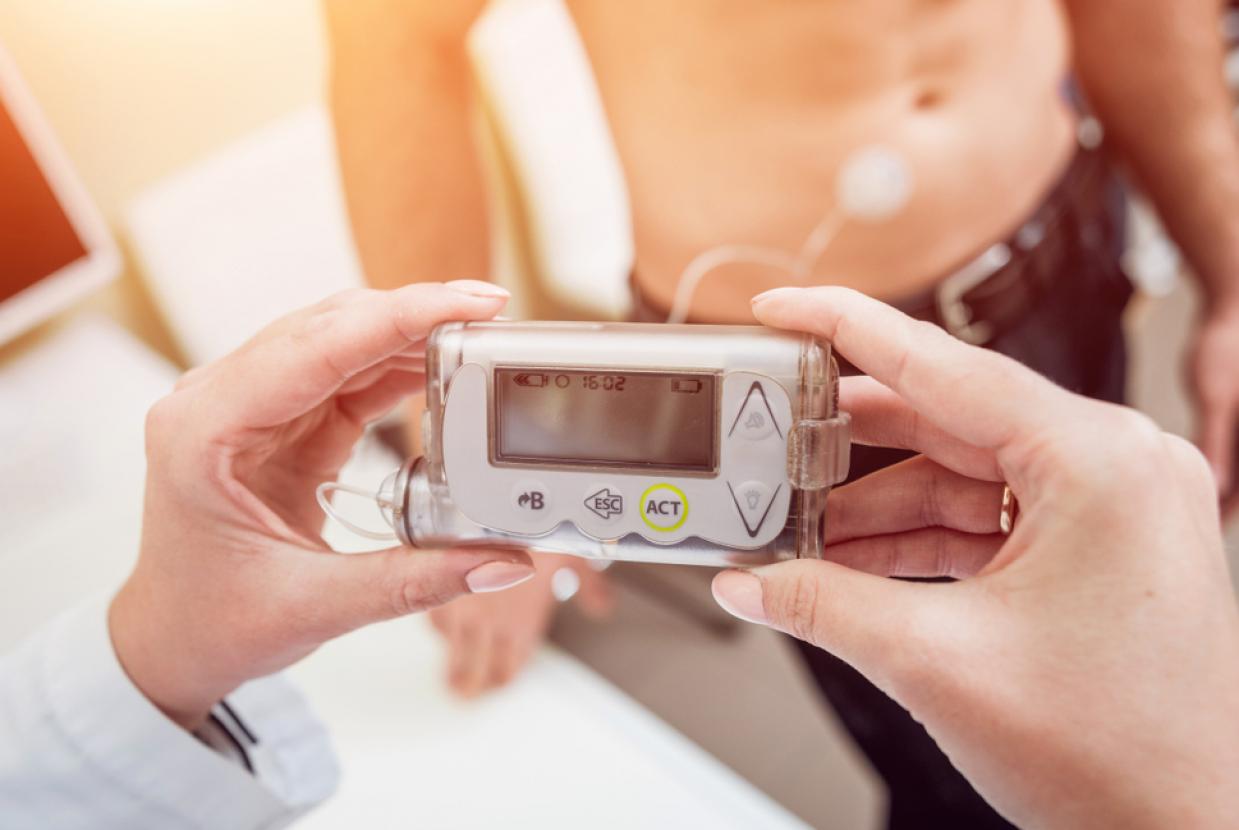What Is Prediabetes?
DiabetesYou may have heard the word prediabetes in the news or been told by your doctor that you have prediabetes. Prediabetes is not a clinical term recognised by the World Health Organisation. But it’s used regularly in the media to describe people who are at high risk of type 2 diabetes and by some healthcare professionals or organisations. Diabetes UK will not refer to people as having prediabetes but instead will talk about their risk of developing type 2 diabetes.
What is prediabetes?
Prediabetes means that your blood sugars are higher than usual, but not high enough for you to be diagnosed with type 2 diabetes. It also means that you are at high risk of developing type 2 diabetes. You are unlikely to be experiencing any symptoms with prediabetes.
Prediabetes is also sometimes called borderline diabetes. Higher than normal blood sugars can be detected via blood tests.
Diagnosing prediabetes
If you’re worried about prediabetes you could call your GP surgery and ask for a blood test. The most common test will be checking your HbA1c levels which is your average blood glucose (sugar) levels for the last two to three months. If your HbA1c level is between 42mmol/mol (6%) – 47mmol/mol (6.4%) this means it is higher than normal and you are at risk of developing type 2 diabetes.
Causes of prediabetes
At the moment 13.6 million people are at increased risk of type 2 diabetes in the UK. If you’ve been told you have prediabetes this is a warning sign that you are at high risk of developing type 2 diabetes. The good news is you don’t have it yet, and with the right support up to 50% of cases of type 2 diabetes can be prevented or delayed.
Type 2 diabetes happens because insulin can’t work properly, so your blood sugar levels keep rising. This means more insulin is released. For some people with type 2 diabetes this can eventually tire the pancreas out, meaning their body makes less and less insulin. This can lead to even higher blood sugar levels.
Type 2 diabetes can come on slowly, usually over the age of 40. The signs may not be obvious, or there may be no signs at all, therefore it might be up to 10 years before you find out you have it.
Symptoms of prediabetes
Prediabetes doesn’t have any symptoms. If you start to have any of the symptoms of type 2 diabetes it means you have probably already developed it. So it’s important to know the risk factors and what support is available to help you prevent or delay type 2 diabetes.
Preventing type 2 diabetes
By making changes to diet, increasing physical activity and losing weight, about half of type 2 diabetes cases can be prevented or delayed in some people.
Being at risk doesn’t mean you will definitely develop type 2 diabetes. Now is a great time to start making healthy changes to your lifestyle to reduce your risk of type 2 diabetes. Your healthcare team can support you in making these changes.
Here are some steps you can take to reduce the risk of developing type 2 diabetes in the future.
Manage your weight
If you are living with overweight or obesity and are at high risk of type 2 diabetes, losing just 5% of your body weight can significantly reduce your risk. There are lots of ways you can lose weight and it’s about finding what works best for you.
Making healthier food choices and being more active are both positive ways to start making these changes. If you need help with managing your weight, a dietitian can help you. Your GP surgery may also be able to help you find weight management services in your local area.
Eat a healthy and balanced diet
There’s no one special diet for all people at high risk of developing type 2 diabetes. Everyone is individual, so there isn’t a one size fits all way of eating for everyone. But, the food and drink we have in our overall diet is linked to our risk of developing type 2 diabetes.
For example, if your overall diet is made up of food and drinks that are in high fat, have a high GI (short for glycaemic index) and low fibre content, this is linked to an increased risk of type 2 diabetes. But the good news is that by changing some of your food and drink choices, you can reduce your risk of type 2 diabetes.
But what is a healthy and balanced diet anyway? All of these ways of eating have been linked with a decreased risk of type 2 diabetes:
- Mediterranean diet — check out our handy Mediterranean meal plans
- Dietary Approaches to Stop Hypertension (DASH) diet
- vegetarian and vegan diets
- the Nordic diet
- moderately cutting down on carbohydrates.
This is because they are made up of healthy foods like fruits, vegetables, wholegrains and lean proteins and it’s the overall balance of our diet that is important in keeping us healthy.
So, to reduce your risk, aim to eat more of the foods linked with a decreased risk. Research has shown us that the following foods and drinks can be associated with a decreased risk;
- total fruit and veg intake (including specifically green leafy veg, blueberries, grapes and apples)
- wholegrains
- yogurt and cheese
- unsweetened tea and coffee
Additionally, there are some foods we recommend reducing your intake of, as these have been associated with an increased risk. These foods include:
- sugar sweetened drinks
- red and processed meats
- refined carbohydrates (like sugary snacks, white bread, sugary cereals)
- potatoes (particularly French fries)
Be more active
If you spend a lot of time sitting down, this is known as a sedentary lifestyle. Being sedentary is linked with an increased risk of type 2 diabetes.
So being active in your daily life can help to reduce your risk of type 2 diabetes. This doesn’t mean you need to take up a new sport or join the gym. You could make small changes so that you are being more active every day. Think about taking phone calls standing up, using stairs instead of the lift, and going for a walk on your lunch break. Take a look at Sarah’s tips on getting active.


